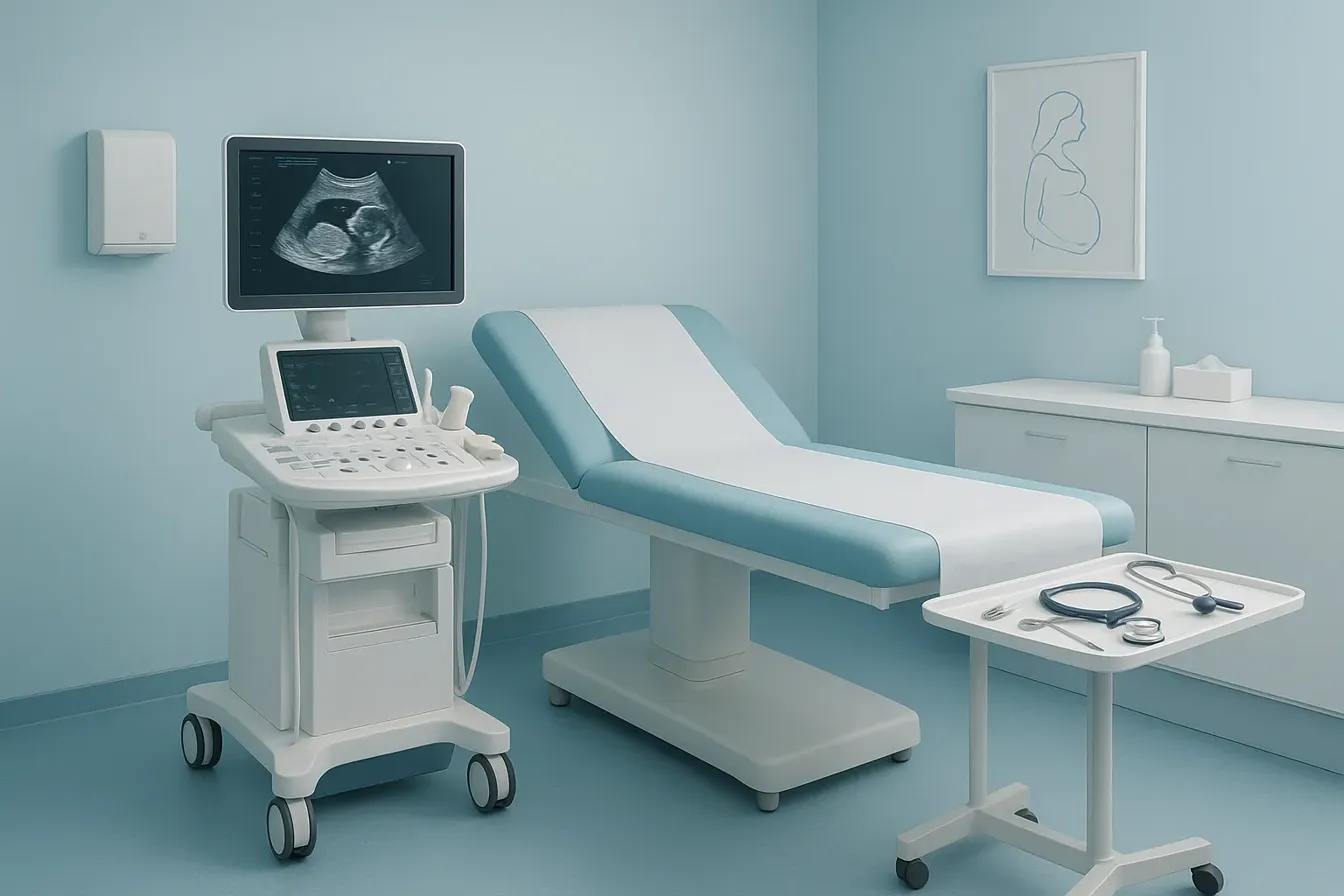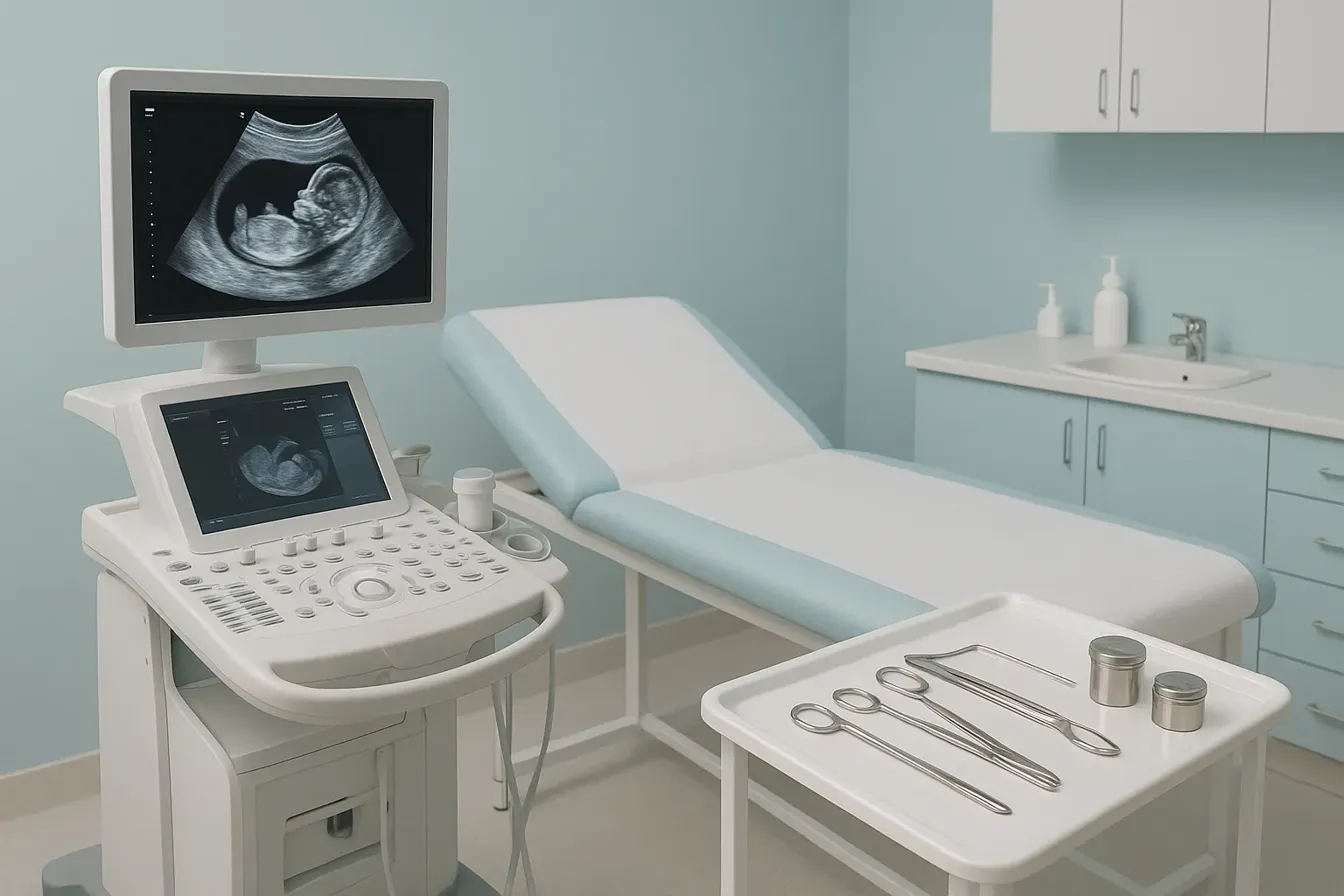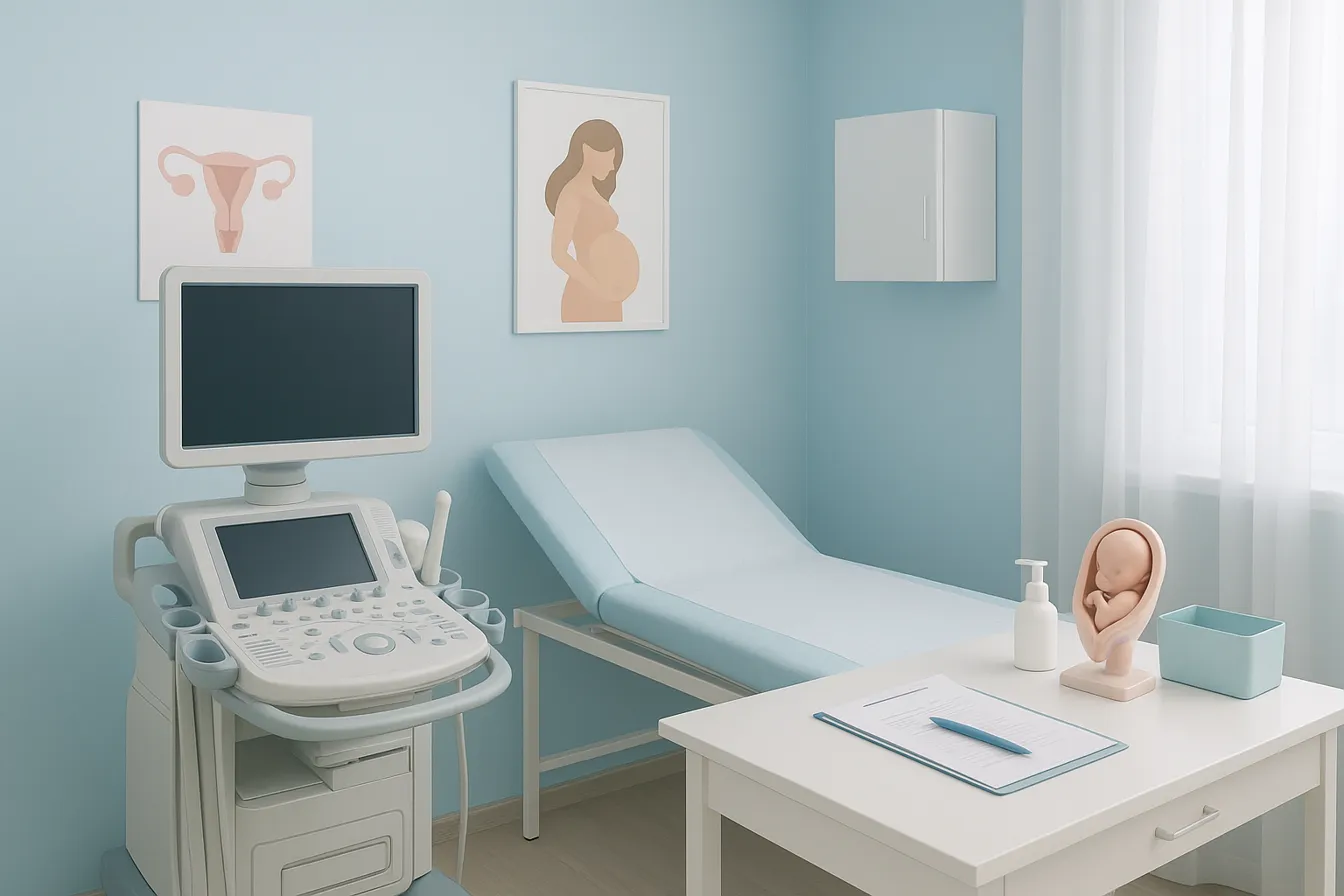Enhancing Pregnancy Outcomes Through Tailored and Respectful Prenatal Care

Each year, an estimated 600,000 women in the United States undergo a hysterectomy to remove their uterus.
Traditionally, a vaginal hysterectomy is recommended, when possible, to minimize risk factors for scarring and to provide a faster, more efficient recovery. At Raveco Medical, we’ve expanded our hysterectomy options for women and offer vaginal natural orifice transluminal endoscopic surgery (vNOTES).
vNOTES is the latest advancement in minimally invasive gynecologic surgery for women in need of a hysterectomy. Our experienced medical providers have extensive training in the vNOTES technology to ensure the best outcome for your procedure.
They also provide complete after-care instructions, so you can enjoy a fast and efficient recovery.
How vNOTES differs from a traditional hysterectomy
vNOTES is an outpatient procedure for many women while a traditional hysterectomy typically requires an overnight stay in the hospital.
During your vNOTES procedure, our surgeons make a small incision in your vagina and insert specialized surgical instruments that reach your uterus and other reproductive organs. In a traditional hysterectomy, the surgeon accesses these organs through incisions in the abdomen.
There are some similarities between vNOTES and a laparoscopic hysterectomy. Both procedures involve the inflation of your abdomen with carbon dioxide gas to improve access to your reproductive organs.
Our team also uses advanced imaging technology to guide the instruments into place and remove the uterus and other structures.
Benefits of a vNOTES hysterectomy
One of the main benefits of the vNOTES procedure is the minimal risk of visible scarring because we can avoid abdominal incisions.
Vaginal incisions also heal faster than incisions in your abdomen, so you can get back to your usual activities sooner after a vNOTES procedure. Even if you need to stay in the hospital for your initial recovery, you can expect to get back home sooner than you might after a traditional hysterectomy.
The minimally invasive techniques we use during your hysterectomy lessen your risk for postoperative pain, and many women can recover without prescription pain medications.
Candidates for vNOTES
A hysterectomy is a surgical procedure to remove the uterus, fallopian tubes, ovaries, and other reproductive structures. The surgery is often a last resort treatment for conditions that aren’t manageable with medications and noninvasive strategies.
Conditions that may qualify you for a hysterectomy include:
- Cancer
- Endometriosis
- Uterine fibroids
- Uterine prolapse
- Heavy or prolonged menstrual bleeding
The Raveco Medical team offers comprehensive health evaluations to determine if you’re a candidate for vNOTES or a traditional hysterectomy.
A vaginal hysterectomy using vNOTES technology may not be an option for women who have a history of cesarean section (c-section) deliveries, those with enlarged uterine fibroids, and women who haven’t given birth.
Our surgeons may also use vNOTES technology as a minimally invasive surgical option for ovarian cysts, fibroids, and uterine prolapse. The advanced technology offers the same postsurgical benefits for these procedures as it does for a hysterectomy, including a faster recovery time and minimal scar risks.
Call the Raveco Medical office in Woodside or Forest Hills, New York, to find out if you’re a candidate for the vNOTES procedure, or book an appointment online today.





.png)